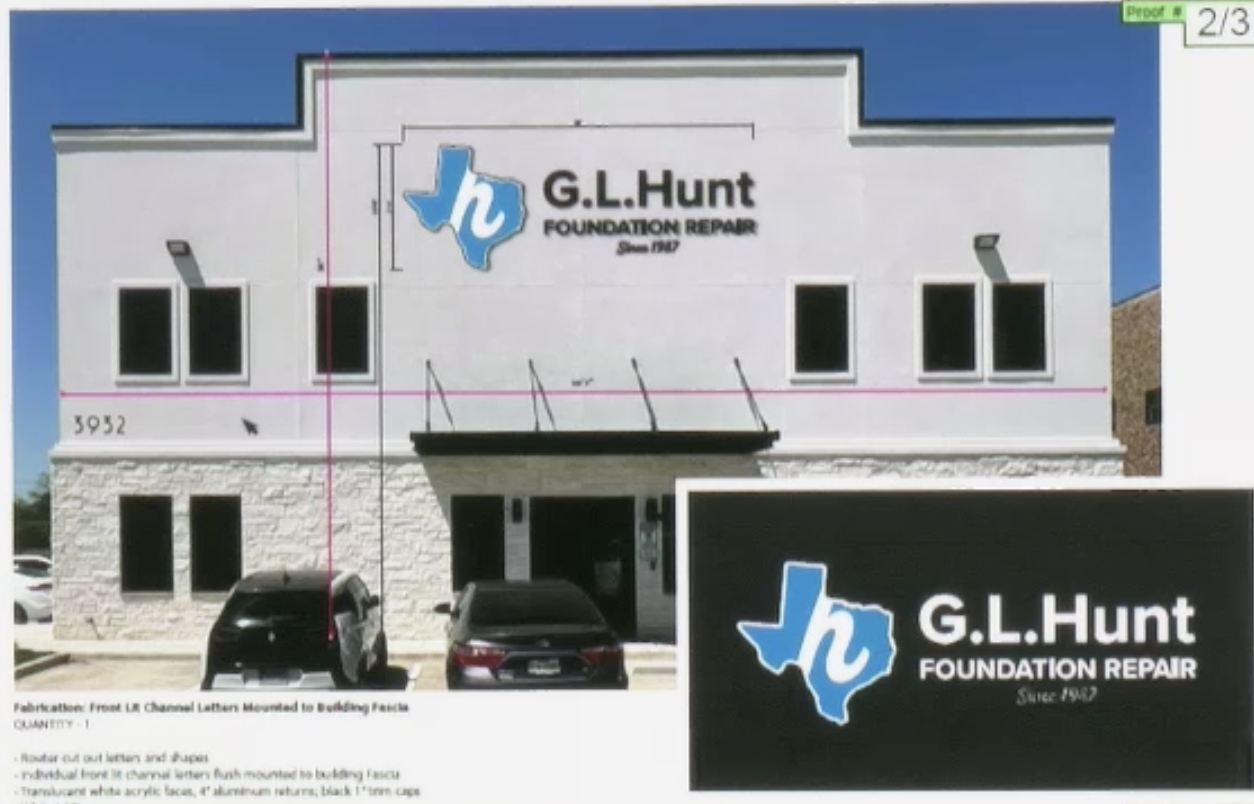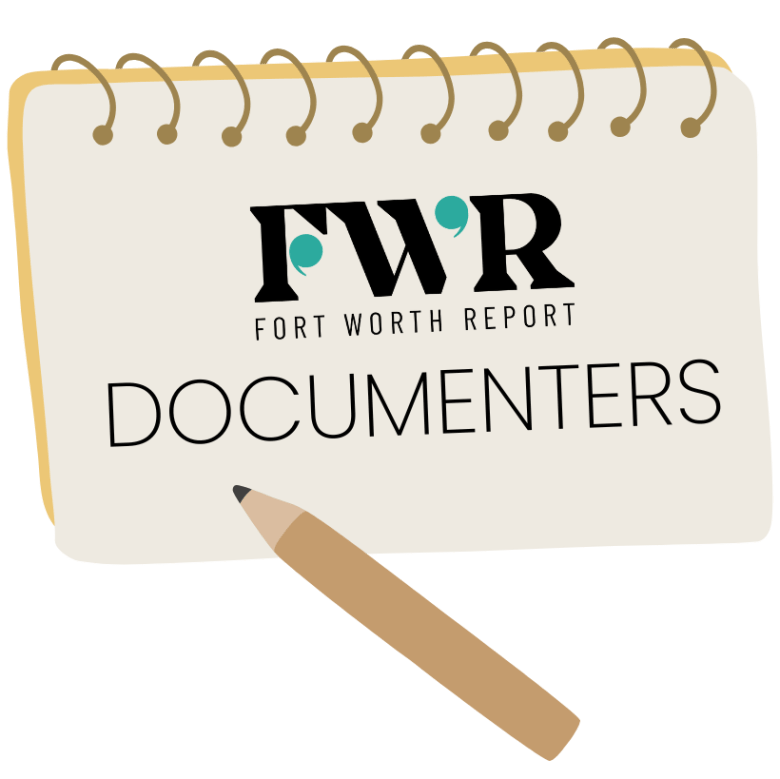Fort Worth City Council members on Nov. 11 will consider combining the commercial and residential boards that are responsible for ruling on appeals to the city’s zoning ordinances.
Documenters empowers people like you to help fill the gaps in reporting on Tarrant County public meetings. Find out how you can join here.
To allow the new board to operate efficiently, the council is considering changes to several ordinances to reduce the number of cases requiring variances and special exceptions.
The Commercial Board of Adjustment heard the city’s proposed changes at a work session following their Oct. 15 regular meeting in a briefing by Donnicha London, planning manager of development services.
London began by reviewing the rationale for combining the boards that was discussed at a Sept. 17 Commercial Board of Adjustment work session.
She provided an overview of the proposed ordinance changes that were developed after researching the past five years of board history, focusing on the types of variances and special exceptions that have been routinely approved.
Proposed changes:
Accessory structures: allow more flexibility in locating swimming pools on residential properties, reducing accessory structure setback requirements, and allowing utility meters to be installed that are separate from the ones used to serve primary structures on the same property.
Signage: ease requirements for schools to locate signage, allow illuminated school signage by right, and allow school signs with electronic changeable copy. London noted that the staff is still studying whether to allow gas stations to install signs with electronic changeable copy without coming to the board for approval.
Parking: provide more flexibility in meeting residential parking requirements by allowing an off-site option under certain conditions.
Building heights: allow the Urban Design Commission to authorize a reduction in minimum building height or an increase in the maximum setback requirements in multiuse districts without requiring a variance from the Board of Adjustment.
London drove home the potential positive impact of these changes, noting the Oct. 15 Residential Board of Adjustment agenda would have been reduced from 13 variance request cases to just five if the changes were in effect today.
Board vice chair Tony Perez strongly encouraged that zoning ordinance changes be approved before the Board of Adjustment is reconfigured, so that the new board can benefit from the changes from the start.
Board chair Deborah Freed advocated for a strong pool of board alternates, especially if membership of the combined board is kept at 11, to avoid situations where quorum might be marginally met and set up the possibility that a single no vote could prevent a citizen from receiving approval of their request.
Perez asked that the selection criteria for new board members not be exclusively focused on working professionals, since nonprofessional members’ perspectives and experiences are also valuable.
Freed added that a diverse board can prevent professional prejudices from affecting decisions. Member Bob Riley said he preferred a board membership of 12 to the proposed 11 directly aligned to the City Council districts.
London thanked the board for their feedback and closed by stating that the ordinance changes will go to the Zoning Commission for approval on Nov. 12 and to the City Council for final approval on Dec. 9.
The proposed board restructure is scheduled to go to the City Council for approval on Nov. 11, in advance of the ordinance changes being approved.
London said if the restructure is approved, the first combined Board of Adjustment meeting will be held on Nov. 19. She added that she has begun to receive applications for positions on the new board.
Board member Lucretia Powell encouraged her colleagues to be open minded.
“Change is inevitable,” Powell said. “But overall, what is to come is going to come, and we have to accept it and move forward.”
In the regular portion of their meeting, the board approved a sign that exceeds allowable size for the new headquarters of G.L. Hunt Foundation Repair at 3932 Benbrook Highway, and relocation of a required buffer yard at a yet to be developed property on Marine Creek Highway to avoid a natural gas easement.
Doug Wilhelm is a member of the Fort Worth Report’s Documenters crew.
If you believe anything in these notes is inaccurate, please email us at news@fortworthreport.org with “Correction Request” in the subject line.
Related
Fort Worth Report is certified by the Journalism Trust Initiative for adhering to standards for ethical journalism.
Republish This Story
Republishing is free for noncommercial entities. Commercial entities are prohibited without a licensing agreement. Contact us for details.


